Second-year University of Minnesota student Monica Montejo works a full-time job Monday through Friday to support her family. She wakes up at 5 a.m. on Monday, goes to work for eight hours, takes a shower when she gets home, eats and then tries to work on school. After, she goes to bed at 8 p.m. to wake up early, and the cycle repeats.
But some nights, when she looks at her bills for rent, car insurance, phone service and college expenses, the stress distracts her from her school work. One year ago, circumstances were different.
Nov. 20 marked the one-year anniversary of the day that changed everything for the Montejo family. Gregorio Montejo, Monica Montejo’s dad and the family’s primary breadwinner, was arrested for his second incident of driving under the influence.
He lived in the U.S. undocumented for 30 years and has two daughters and two sons. The family quickly organized the money to post bail for his release, but U.S. Immigration and Customs Enforcement (ICE) held him in custody. Nine months later, he was deported to Mexico after being detained at Sherburne County Jail, without a chance to say goodbye to his family.
After months of battling Gregorio’s case with ICE and working with community organizations and lawyers, the Montejo children’s lives have changed without their father. Monica Montejo is now a full-time student while working full time. Emma Montejo, the youngest, had stayed with relatives during these months but now lives at college out of state. Jesús Montejo, their brother, works two jobs to support his family.
“Everything feels like it was taken away. It feels like I don’t have that option to be a normal college student because I have to be responsible; I have to be that full-grown adult,” Monica Montejo said. She is 19 years old.
One November evening
While driving home from work, Jesús Montejo was the first to find out his dad had been arrested. Less than 10 minutes into the drive, he saw his dad’s 2017 Nissan Altima car pulled over next to a police car.
“I got chills, and my heart just sank,” Jesús Montejo said. “I immediately pulled a U-ey just to make sure it was him, and it was him.”
He parked, got out of the car and waited until a police officer approached him to ask him what was happening. He made phone calls right away, including to his mom and his sister Monica Montejo. Immediately, they thought he was joking, he said.
The next 24 hours were frantic for the family. Monica and Jesús Montejo made phone calls to state troopers, police officers and county officials asking for information to locate and get in contact with their dad. Four days after his arrest, they were able to have a phone call with Gregorio Montejo, said Emma Montejo.
The family experienced something similar with Gregorio’s oldest son, Junior Montejo, who was deported to Mexico by ICE in 2017; the process of getting access to resources and visiting him was easier, Monica Montejo said.
During the pandemic, it was more difficult for the family to endure the ICE court proceedings, communicate with lawyers and visit Gregorio Montejo, according to Monica Montejo.
Gregorio Montejo said that for the first two weeks in Sherburne County Jail, he felt extremely sick, because he was not given his medication for high blood pressure. The conditions in the jail were terrible, especially when the pandemic hit, he said.
Many detainees feared the spread of COVID-19 since they were still being gathered in large groups, Gregorio Montejo said, adding that he never met with doctors to address his health issues, only nurses.
In the eighth episode of a podcast series called “American Refugee,” Gregorio Montejo speaks of his experience in Sherburne County jail, the largest Minnesota county jail housing ICE detainees. He described being held in solitary confinement for weeks and the fight from his lawyers, volunteers and family for his release.
The Minnesota Interfaith Coalition on Immigration (ICOM) helped the Montejo family by writing letters to politicians and community leaders pleading for them to call and stop ICE from deporting Gregorio Montejo.
“Our volunteers in the [Accompanying Immigrants in Detention] program do as much as we possibly can to support the family, financially, spiritually,” said Daniel Romero, a minister at Lyndale United Church of Christ and ICOM consultant.
Days before Gregorio Montejo’s deportation, volunteers were able to urge Sen. Tina Smith, Sen. Amy Klobuchar and Rep. Ilhan Omar to call ICE while Gregorio was in Sherburne County Jail to try and stop his deportation. Volunteers had been working adamantly since the onset of the COVID-19 pandemic to get Gregorio Montejo released from Sherburne County Jail because his health issues put him at greater risk of contracting the virus, said Stephanie Tice, a University graduate student and ICOM volunteer coordinator.
While celebrating Emma Montejo’s high school graduation, the family found out that ICE would deport Gregorio Montejo.
“Unfortunately, in the end, it didn’t really work in our favor. But I guess that’s the hardest part about everything,” Jesús Montejo said.
On July 29, ICE deported Gregorio Montejo to Mexico and gave his family short notice, Monica Montejo said. Due to COVID-19, the family could only visit the ICE detention center on certain days. Though the Montejo family was allowed to prepare and give Gregorio Montejo a bag with his belongings, the family could not deliver the bag in time.
Gregorio Montejo arrived at the U.S. and Mexico border at night and stayed in an ICE detention center until the next day. He said he brought nothing with him to Mexico but was able to get on a plane to meet Junior Montejo in Cancún, Mexico, and stayed with him for a month. He moved in with his sister and started searching for a new job.
“I try to take care of myself and look forward, and maybe later everything will be okay. But right now, I’m very worried,” said Gregorio Montejo. “I think every day about my daughters and my wife, what they’re doing today and eating today. Hopefully the law will change in the U.S. and I have the opportunity to come back.”
In a national context
ICOM volunteers still keep in touch with the family. Tice said her relationship with the family has grown stronger with time.
“It’s a friendship that was built through trying times. That friendship is not going to go away just because Gregorio was deported,” Tice said.
Lisa Temich, an immigration attorney at Kim Hunter Law who worked on the Montejo case, said in her opinion, the reason why Gregorio Montejo was denied ending his deportation was because of his two DUIs.
According to Temich, the decision was likely influenced by a 2019 court decision where U.S. Attorney General William Barr ruled that two or more DUI convictions disqualify an immigrant from having “good moral character.” As a result, the judge who denied Gregorio Montejo’s application to stay in the U.S. was likely under pressure to stop providing bond for people with two DUIs, Temich said.
After the judge’s ruling, the Kim Hunter Law legal team went to the Board of Immigration Appeals, the highest administrative agency in immigration law, to retry the case. Temich said the team argued that Gregorio Montejo was a volunteer in the community and the breadwinner of his family. His boss spoke highly of him, and he advocated for his good moral character. The legal team also argued that he suffered family trauma that contributed to his DUIs.
Gregorio Montejo had begun drinking to cope with a series of traumatic events, including the deportation of his son Junior Montejo.
Though the Board of Immigration Appeals seemed to recognize the hardship of the case by not dismissing it outright, Temich said, “In my opinion, they just kind of locked him up, threw away the key and deported him.”
Adapting to a new reality
Monica Montejo said being in a position to support her family in the past year has been difficult for her and her brother. Being a full-time student while working full time takes a toll on her mental health, she added.
“It feels like you’re the one that has to be strong for everybody else, or else it feels like everything is just going to crumble,” Monica Montejo said.
Emma Montejo is a first-year student at the University of Tampa in Florida studying international business management and prelaw. She attends mostly online classes and pays the additional expense of housing. Next fall, she plans to transfer to the University of Minnesota.
“Not only would I be gaining much more opportunities, but I will also not have to worry so much about the cost of where I’m going to school,” Emma Montejo said.
As the oldest sibling living at home, Jesús Montejo has been taking care of his family since his brother was deported.
“I’m not really a father figure, and I’m not my dad, but I try to be that shoulder they can lean on at home, and I guess that’s the hardest part because I don’t really know how to do that as well as my dad did,” Jesús Montejo said.
This month, the family received news from Gregorio Montejo that he found a job at a winery that he is excited about. Gregorio Montejo said it was difficult to find a job because of his age, 59 years old, and places are more likely to hire young people.
“I think every night and I think in every way what I need to get back with my family. I tried finding a job, but hopefully starting January next year, I can continue working,” Gregorio Montejo said.
The family’s biggest concern now is paying the bills and managing finances. The family has a GoFundMe fundraiser open to raise money for school fees, legal fees, rent and groceries.
“It’s really hard to slow down and process everything,” Monica Montejo said. “We haven’t been able to slow down, and that’s what sucks the most.”










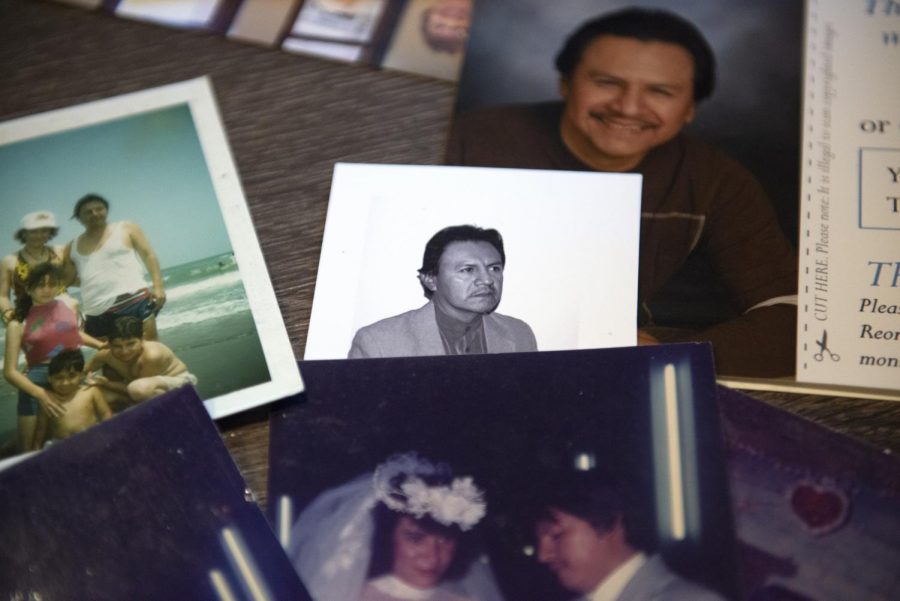





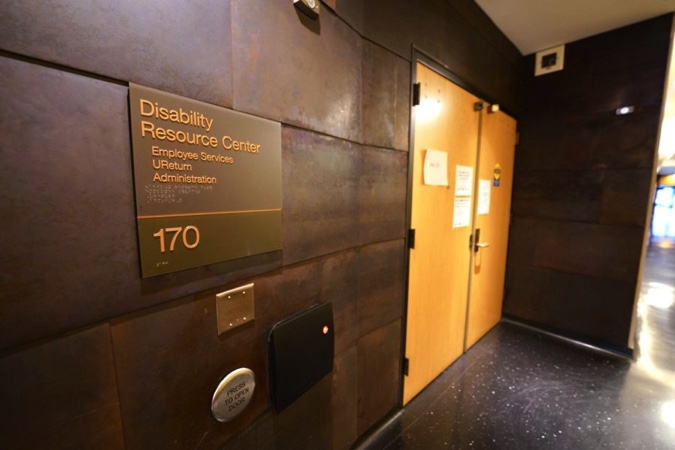
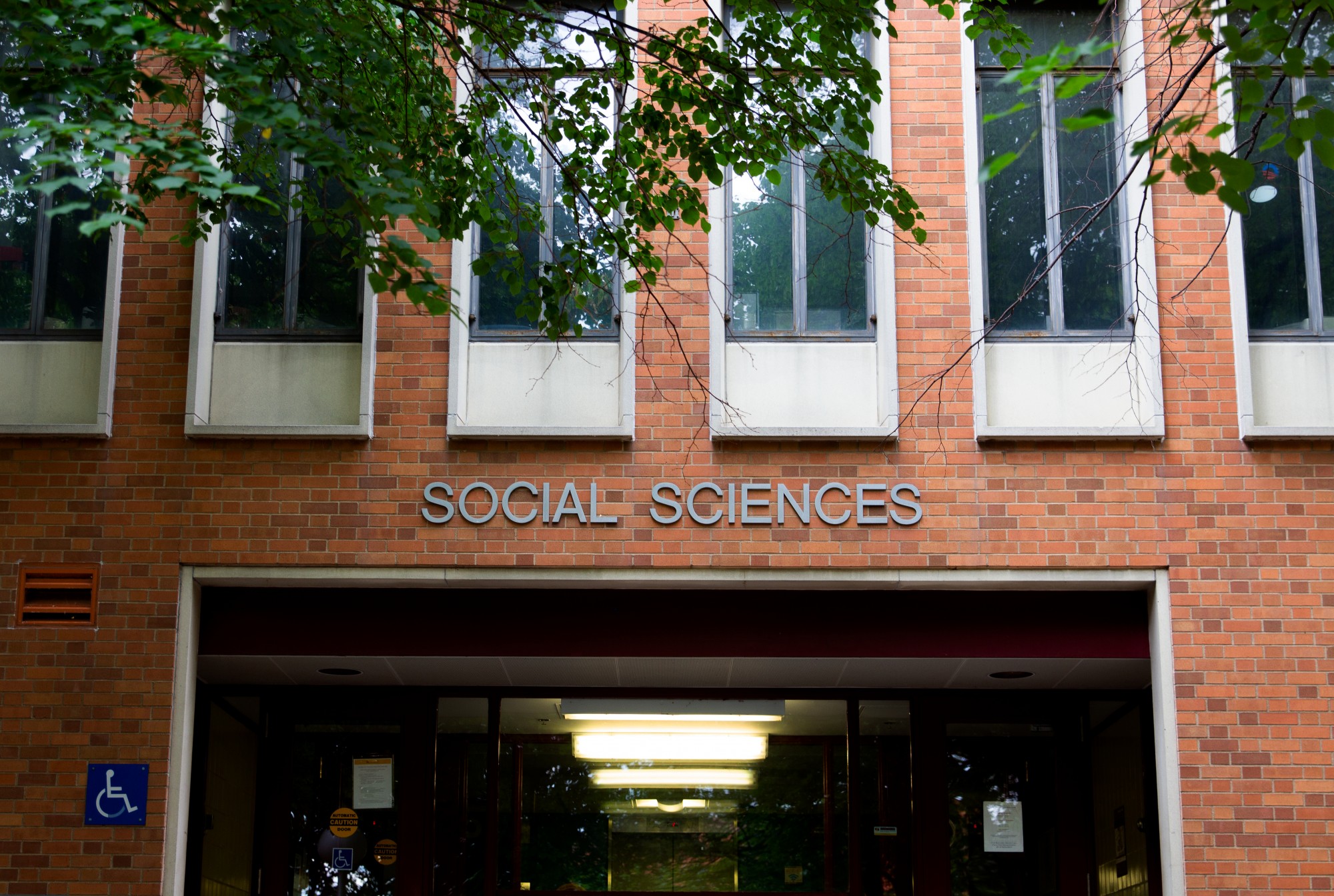




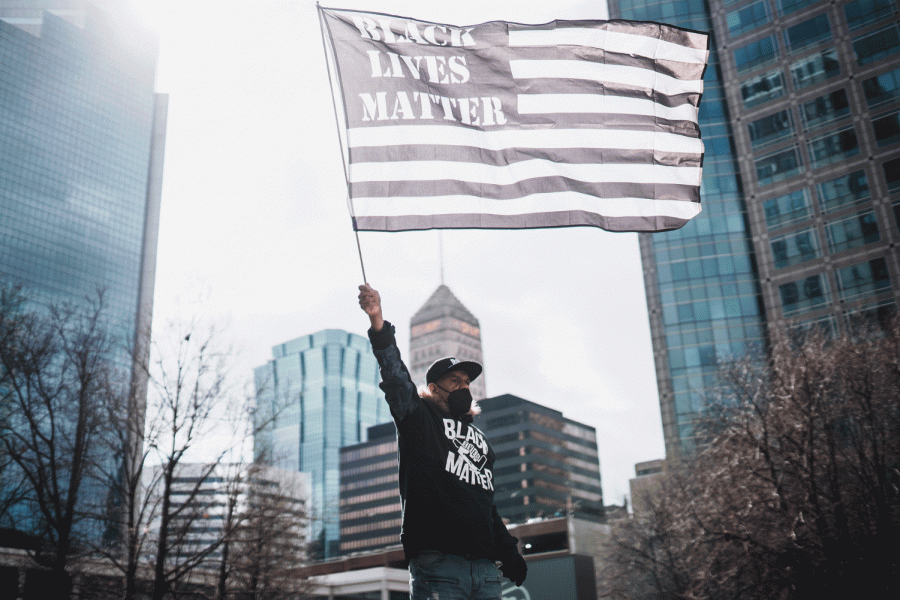
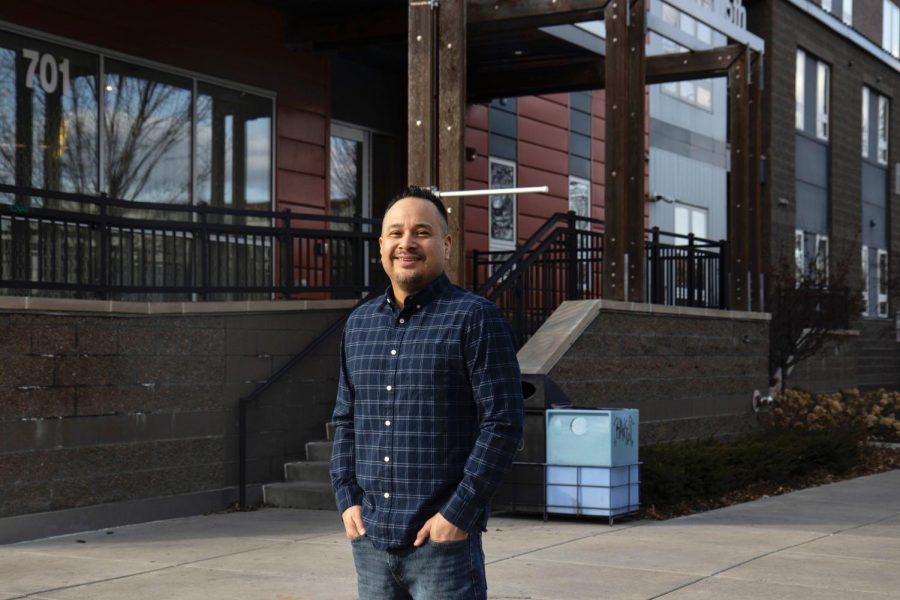


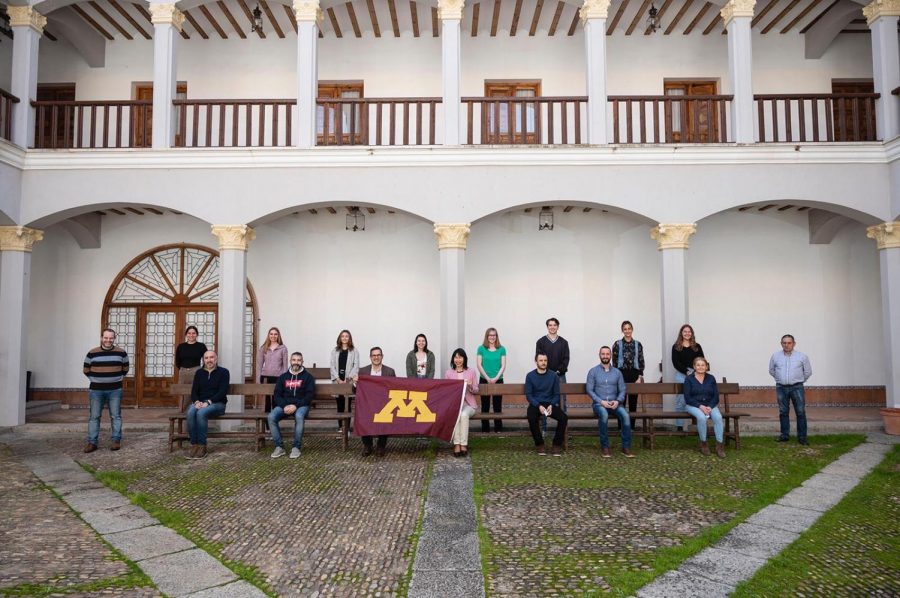

Mary Gebhart
Jan 18, 2021 at 8:25 am
So many families are living in this awful position. I pray that our duly elected representatives in Congress will craft and pass some fair and compassionate immigration reform legislation to create paths to citizenship for the undocumented living here. A guest-worker program would also be a great help to all the underpaid people who work so hard in industries that provide food and hospitality, etc. And who are vulnerable to various abuses. The current system is a shame on this nation. We can do better.